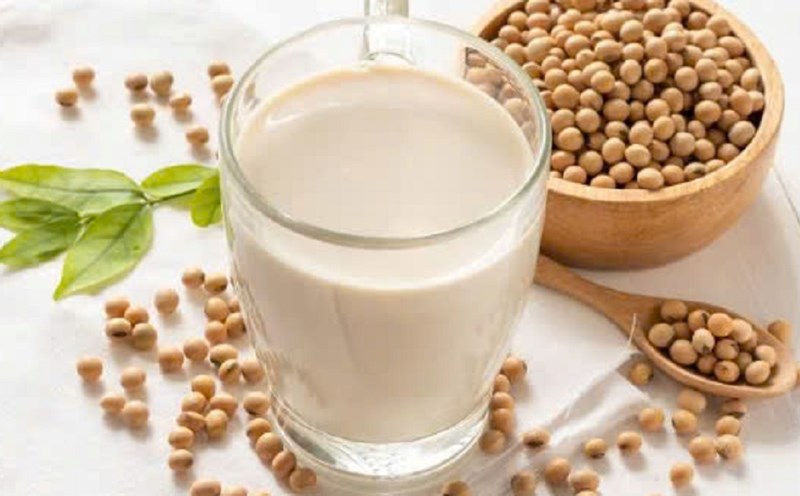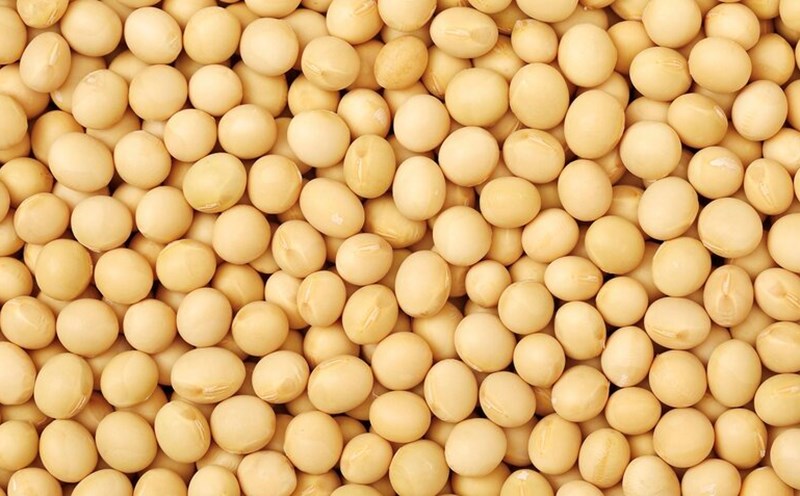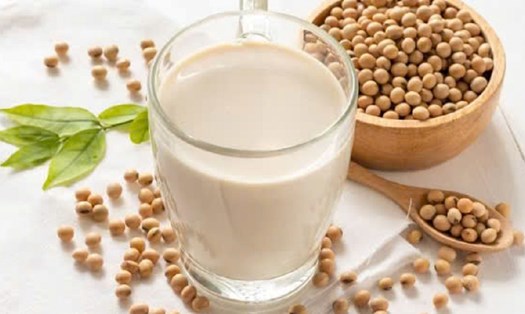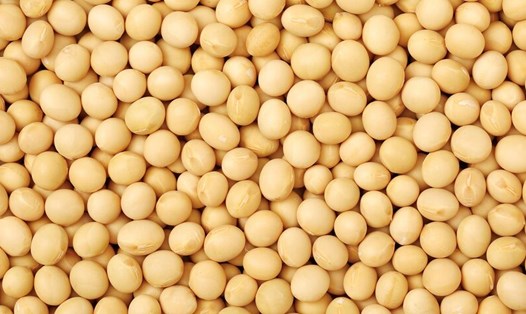Understanding Testosterone
Testosterone is a hormone produced primarily in the testicles of men and in small amounts in the ovaries of women, as well as in the adrenal glands of both sexes, says Shivani Bajwa, founder of YogaSutra Holistic Living, certified by the Indian Association of Functional Medicine.
This is an important hormone in the development and maintenance of male sex characteristics, as well as having a major impact on many other physiological functions in the body.
The relationship between soy consumption and testosterone levels in men is also a subject of much debate among researchers.
Soybeans contain compounds called phytoestrogens, which are plant-based substances that bind to estrogen hormones in the body.
Some studies show that phytoestrogens have the potential to affect hormone levels, including testosterone, especially in men.
However, current scientific evidence is inconsistent in confirming that soy consumption will significantly reduce testosterone levels in men.
Should be consumed in moderation
For these reasons, the effects of soy consumption on hormone levels are likely to vary, depending on factors such as the amount of soy consumed, an individual's metabolism, and overall diet or lifestyle, Bajwa stressed.
Overall, moderate consumption of whole soy foods as part of a balanced diet is generally considered safe for men and does not have a significant negative impact on testosterone levels.
In fact, soy foods like tofu, tempeh and soy milk can be good sources of protein, nutritious vitamins and minerals.
“However, like any nutritional ingredient, it is essential to consume it in moderation and as part of a varied diet to ensure overall nutritional balance and monitor individual response,” Bajwa notes, recommending that if you have concerns about how soy consumption will affect your testosterone levels, you should consult a nutritionist for specific guidance.











